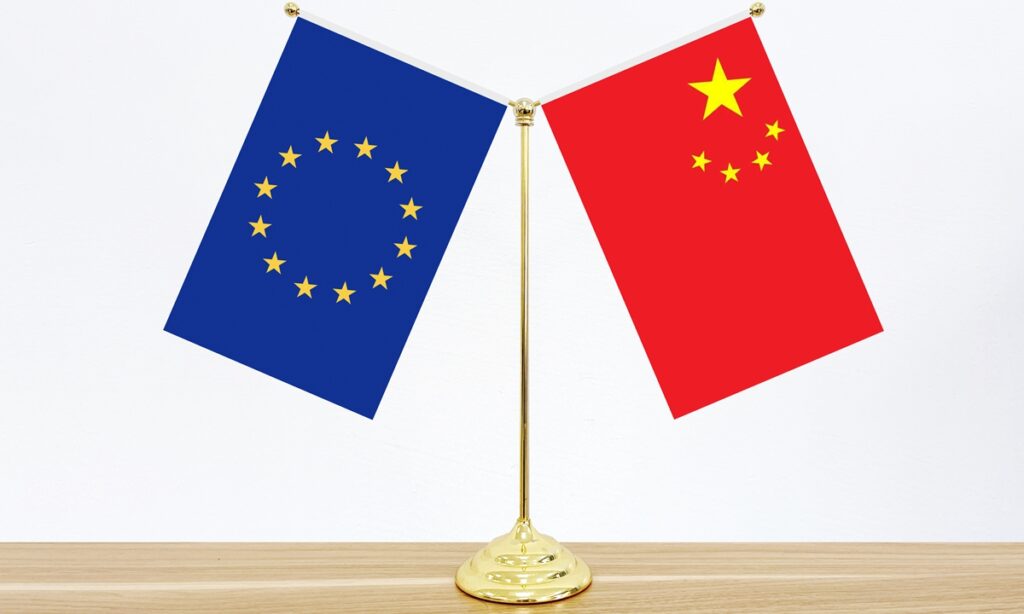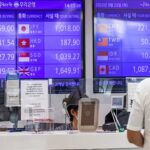Foreign direct investment (FDI) from Europe into China is showing a trend of resilience, with larger companies doubling down investment as the market environment becomes more competitive and with more firms spearheading localization strategies on a wide range of sectors ranging from supply chain to employee teams and administrative capacities, a business report showed.
According to the report titled “The Chosen Few: A Fresh Look at European FDI in China’’ released by New York-based research firm Rhodium Group on Friday, European FDI into China has been resilient in volume, and is concentrated in such sectors as automotive, food processing, pharmaceutical and biotechnology, chemicals and manufacturing becoming hotspot for investment during 2018 to 2021.
The concentration is also manifested in the portfolio of investors and source of countries. For example, the top 10 European investors accounted for 71 percent of annual FDI transaction volume between 2000 and 2021, and four economies in the continent – Germany, the UK, France and the Netherlands — jointly represented 89 percent of European FDI in China during the same period.
Riding on the bullish momentum built in the past years, EU companies’ investment in the world’s second-largest economy also went stratospheric in the first eight months of 2022. According to data released by China’s Ministry of Commerce on Thursday, EU’s FDI inflow into China jumped an astonishing 123.7 percent year-on-year from January to August.
The rosy data is partly fueled by the construction of new plants by German multinational chemical company BASF in Zhanjiang, South China’s Guangdong Province. The site, with a total investment of 10 billion euros ($10 billion), will be the largest single investment by a German enterprise in China.
“Most of the major investors in Chinese market are large international companies, and a lot of them have a long experience on the ground in China, so they feel comfortable investing, re-investing and doubling down on the market,” said Agatha Kratz, a director at Rhodium Group who heads Rhodium’s China corporate advisory team at an online report launch event jointly hosted with EU Chamber of Commerce in China. She added that a lot of such investors are scaling up through greenfield investment.
Meanwhile, heightened competition pressure in the Chinese market also spurs more investment from European companies with desires to consolidate their position, and a host of European enterprises also speed up localization strategies as a result of policies and growing geopolitical risks, Kratz said.
Jörg Wuttke, the president of EUCCC, told the Global Times that the European businesses hope they could “do more given the size of the Chinese economy and its potential.”
(Global Times)




